What is your current role?
I am a Post-Doctoral Research Fellow within the Ethics and Genetics team of the Behavioural Sciences Unit. I am currently working on projects examining the psychosocial impact of childhood chronic illness on families.
What are the ‘best’ parts of your current role?
It is has been so inspiring and enjoyable to be part of a team of such talented researchers. I think the best part of the role is knowing that the research we complete will actually translate to improvements in quality of life for children with chronic illnesses and their families.
Please describe your education and training.
I completed my PhD in psychology in 2017 at Monash University. My PhD examined adolescent nonsuicidal self-injury and recovery from the perspectives of adolescents, parents and schools. I also worked with researchers at Cornell University and the University of Leuven to compare recovery from self-injury among Australian, Belgian and American young people.
After my PhD I worked at Rape and Domestic Violence Services, a non-profit which provides specialised, trauma-informed counselling to survivors of sexual and family violence and child abuse. In this role I worked on several research projects, including one which examined the emotional toll that working in the field of family violence has on service providers, known as vicarious traumatisation.
What are the most challenging parts of your current role?
In my role I have had to learn more about childhood chronic illness and genetic testing which has been challenging but mostly fascinating.
Where do you see yourself in five years’ time?
I’d like to still be working in the field of child and family health and wellbeing and conducting translational research to improve health outcomes for families.
What advice would you have for someone wanting to follow a similar path in terms of their study/career?
Be open to new opportunities and challenges – when I was completing my PhD I didn’t think I would end up working in a medical setting but now I couldn’t imagine being anywhere else!
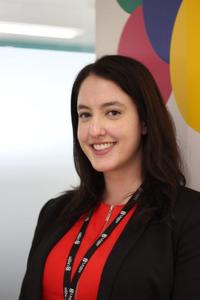
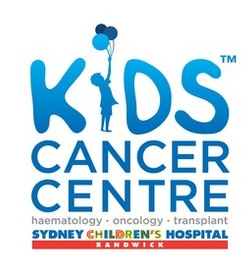
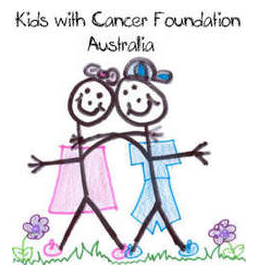
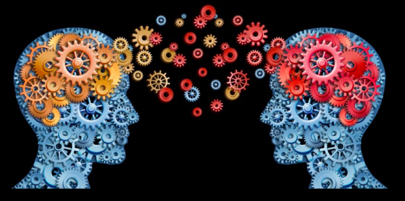
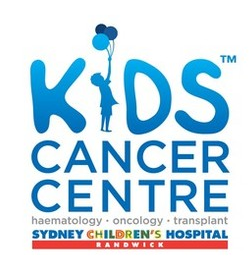

 RSS Feed
RSS Feed